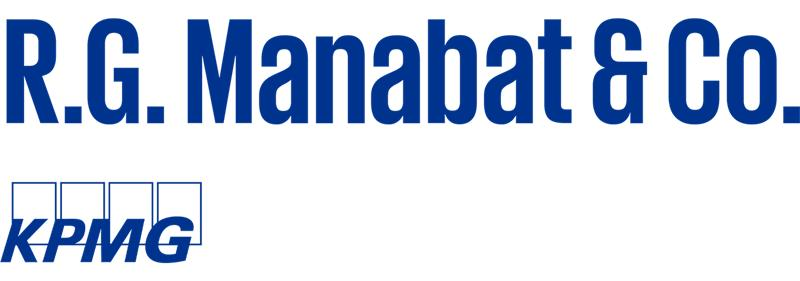Go beyond with the KPMG Online Tax Calendar Mobile App and be reminded of crucial tax deadlines and filing dates whenever and wherever!
KPMG. Make the Difference.
Philippine insights
Discover fresh perspectives on the latest business topics and trends driving impact and pioneering change in the Philippines.











